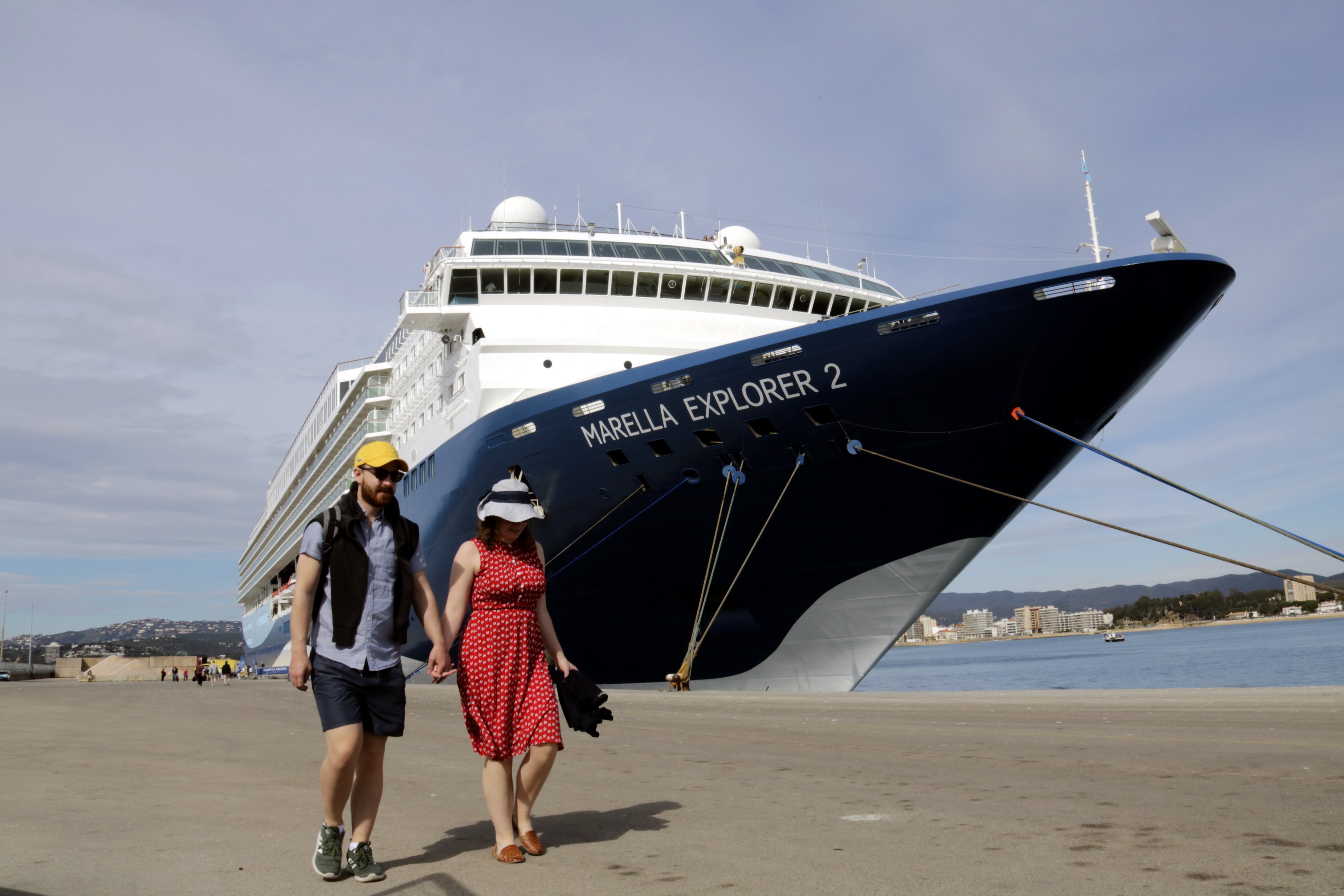It was one of the goals announced by Catalan enterprise minister Ramon Tremosa, and it has now been confirmed. The Procicat has approved the return of cruise ships to Catalonia with a safety protocol that, above all, will serve to reactivate the Port of Barcelona and recover the traffic needed to attract international tourism. As part of its new campaign 'Catalonia, a place made to measure', the Catalan Tourism Agency is focusing on this traffic and also that of airports to try and reach a level of 50% of normal volumes in tourism businesses, and turnover of 11-13 billion euros by the end of the year. The date for the first cruise ship arrivals is not set, but it will be this summer
Advertising spot for Catalonia in the "Catalonia, a place made to measure" campaign.
The famous 'new normal' will allow cruisers to return as long as they have shown in advance their compliance with an elaborate set of rules. Catalonia's Procicat civil protection committee has approved a detailed procedure that cruise companies will have to follow in order to receive authorization for tourism activity under a European flag between ports. Initially, they will have to show Catalan health authorities that they accept and can comply with protocol on actions and notifications for the landing of suspected or confirmed cases of Covid-19, and the management of contacts in their territorial area. All this has to be submitted 20 days in advance of the start of the cruise or its first stop.
The Procicat conditions
The Procicat will require exhaustive information from the cruise ship operator: the cruise ship's activity, its detailed itinerary with dates and ports of call on the Catalan coast, the passengers' programme of activities and the characteristics of the ship itself, for example, its maximum capacity, number of authorized crew, among others. Each vessel will need to justify its own practices for the mitigation of coronavirus health risks. A factor to be taken into account will be whether the ship performs “active infection” diagnostic tests on board. And the most important thing for the Procicat is to have details of the planned capacities in different parts of the ship: common areas or cabins, service points. As well, signage systems are required with all the information that passengers may need such as plans for cleaning, disinfection, ventilation, etc.
Operators will be required to make arrangements with health centres that can care for cruise passengers if required due to Covid-19 at the time of disembarking, as well to isolate suspicious cases on board and have an alternative means to confirm diagnoses. Thus, ships will also have to prepare spaces to accommodate asymptomatic patients, separate spaces for close contacts who have to quarantine before returning home, and insurance policies that cover the costs of such health services and external accommodation that may have been necessary.
Alfredo Serrano, director of the International Association of Cruise Lines in Spain, said that many of these rules were already in place: "Passengers pass a test before boarding and during the journey, fecal water is measured, as an example to identify if there is anyone in an area infected, because the security measures are immense", he told the radio station SER Catalunya.
Serrano also believes that talks with the Catalan government have been fluid and focused on a shared goal. Spain is one of the last countries to give approval for the entry of cruise ships. In other countries, such as Italy, with higher incidences of Covid-19, approval has been given earlier. Serrano notes that this pattern has already been seen in previous pandemic re-openings.
Cover photo: Tourists disembarking from a cruise ship in Palamós before the Covid-19 pandemic.

